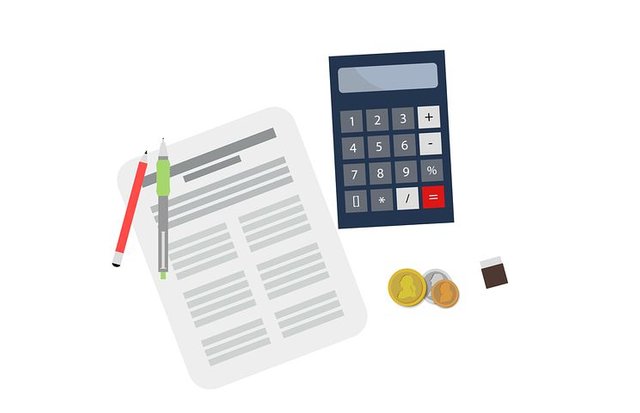In our personal financial lives, in our business and other dealings, there is often a requirement for budgeting, so it is not a new word to us. However, budgeting goes a long way beyond what meets the eyes. A lot of people budget, but some of them just put unrealistic plans and at the end of the day, they will fall short of following their budgets. Here, we shall take a look at some tips to effectively plan your budget so that it will be beneficial to you.

1. Your budget must be realistic
In the current economy, there is a kind of budget you will set and even you will know that it is obviously impossible to achieve. For example; if your total salary for a month is $300 and you are setting a budget of $350, from where do you hope to get the balance of $50? In the context of budgeting, there is nothing as counterproductive as setting an obviously unrealistic goal. In budgeting, you have put into consideration the money at hand, your net worth, your income, and then plan your budget accordingly. More so, you should start with what you have, in terms of finance, and from where you are, not where you want to be.
By setting realistic budget, you need to tell yourself the truth where you are currently and your financial strength, then budget according to your capacity. There is no point in over-inflating your budget just to feel good, or over-shrinking your budget just to create the feeling that you are saving money. The truth is that your budget should guide your spendings and not discourage or scare you. You should also know that a realistic budget can become unrealistic as time goes by, so you need to keep tabs and review it from time to time, to know if you need to make necessary adjustments.
2. Keep accurate account of your income and expenditure
It is not enough to make your budget realistic, you have to understand the need to know how money flows into your hand and what you do with it. If you cannot keep track of the way you spend, then your budget will be of no use. In order to plan or to make an effective and good budget, you need to have a track of how much will be at your disposal each month (if your budget is monthly) and how much you would spend. From that, you will work out something to make the budget to fit into it. You should also take note that any budget that will be effective will definitely be accurate first, before every other thing falls into place.
In addition to helping one to create their budgets, keeping accurate account of one's income and expenditure can also help one to know their financial standings and to know if one is actually making progress or they are not. You will also require an extensive amount of financial commitment to be able to keep accurate account of these. If what you spend (your expenses) are far bigger than your income (what you earn), then you are already running a financial risk and you should check it.

3. Financial discipline
Having a plan is one thing, but sticking to it and following it judiciously is another thing. Before you create your budget, you have to first resolve within your mind to keep to it. Obviously, it will be pointless taking the stress of making a budget and at the end of the day, you will not follow it. The problem with a lot of people is not the lack of budget but the lack of the willingness and discipline to keep to it. When there is discipline, then you are already more than halfway to fulfilling your financial plans.
One sign to show that you are getting mature as an adult is the level of your discipline, and this also relates to your finances. If you cannot control how you spend, what you spend on, when to spend, and other expenditures, then you are far from being financially disciplined. At this point in life when many things will be appealing to your senses and you may be moved to go beyond your limit just to satisfy your insatiable wants, if you do not discipline yourself, then you may be faced with a very big financial risk.
Thanks for reading


It is truly important to set budgets that are realistic, having a realistic budget will push us to really achieve what we have in mind instead of getting frustrated.
Downvoting a post can decrease pending rewards and make it less visible. Common reasons:
Submit
That's right. Budget should be realistic in order for it to be beneficial.
Thanks buddy.
Downvoting a post can decrease pending rewards and make it less visible. Common reasons:
Submit
Very funny how some people kill themselves by setting unrealistic goals and plans and at the end of it all, they just become frustrated and give up when the problem in the first place, was not being realistic with the goals they have set.
Downvoting a post can decrease pending rewards and make it less visible. Common reasons:
Submit
Exactly. Setting an obviously impossible target will be counterproductive.
Thanks dear Bimbo
Downvoting a post can decrease pending rewards and make it less visible. Common reasons:
Submit
Thanks for the education, i appreciate
Downvoting a post can decrease pending rewards and make it less visible. Common reasons:
Submit
My pleasure
Downvoting a post can decrease pending rewards and make it less visible. Common reasons:
Submit